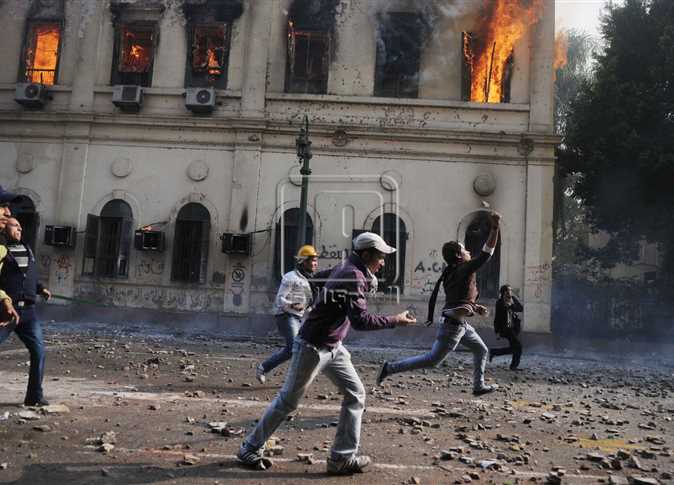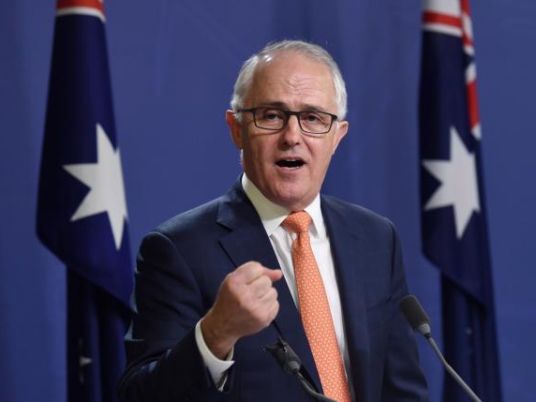On Wednesday, Egypt’s ruling military council announced the passage of a controversial new elections law opposed by major movements and political parties.
Parliament will be comprised "of 504 members chosen by public elections,” said Major General Mamdouh Shaheen, a member of the ruling military council, during a press conference. Half of the seats will be elected through the single winner system and half by list-based candidacy. He explained that the number of representatives elected for each governorate through the list-based system must equal the number elected through the single winner system.
The law runs contrary to the wishes of political parties and movements. Most of them favor list-based candidacy which they argue encourages citizens to elect representatives based on political platforms rather than on tribal or familial connections. They complain that the government has not fully responded to their reservations on the law, the draft of which was put forward by the SCAF for public debate in June.
Regarding logistics of upcoming elections, parliamentary elections will take place in stages to make it easier for monitors to oversee voting, said Shaheen.
He added that staggering the vote would ensure that judges could thoroughly monitor polling, and voters would cast ballots for both lower and upper houses at the same time.
"The army's role during the elections will be to provide security only. Only the judiciary will monitor," Shaheen said.
Hosni Mubarak's National Democratic Party (NDP) crushed opponents in routinely rigged votes before he was ousted from the presidency in February. A blatantly manipulated election in November last year helped fuel the uprising that toppled him.
The new legislative elections will take place over a period of one month, with voting taking place on different days in three separate regions, Shaheen told reporters. Dates for the voting, however, would be announced after 18 September by military decree.
The law reserves 50 percent of the seats for workers and farmers, and lowers the age of candidacy to 25, down from 30.
Translated from the Arabic Edition




